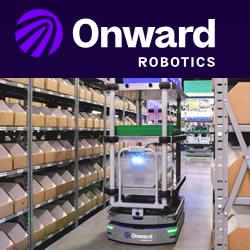DARPA Announces Winners of Virtual Robotics Challenge (VRC)
The goal of the DARPA Robotics Challenge (DRC) is to generate groundbreaking research and development so that future robotics can perform the most hazardous activities in future disaster response operations, in tandem with their human counterparts, in order to reduce casualties, avoid further destruction, and save lives.
Disaster response robots require multiple layers of software to explore and interact with their environments, use tools, maintain balance and communicate with human operators. In the Virtual Robotics Challenge (VRC), competing teams applied software of their own design to a simulated robot in an attempt to complete a series of tasks that are prerequisites for more complex activities.
Twenty-six teams from eight countries qualified to compete in the VRC, which ran from June 17-21, 2013. DARPA had allocated resources for the six teams that did best, but in an interesting twist, good sportsmanship and generosity will allow members of the top nine teams, listed below, to move forward:
- Team IHMC, Institute for Human and Machine Cognition, Pensacola, Fla. (52 points)
- WPI Robotics Engineering C Squad (WRECS), Worcester Polytechnic Institute, Worcester, Mass. (39 points)
- MIT, Massachusetts Institute of Technology, Cambridge, Mass. (34 points)
- Team TRACLabs, TRACLabs, Inc., Webster, Texas (30 points)
- JPL / UCSB / Caltech, Jet Propulsion Laboratory, Pasadena, Calif. (29 points)
- TORC, TORC / TU Darmstadt / Virginia Tech, Blacksburg, Va. (27 points)
- Team K, Japan (25 points)
- TROOPER, Lockheed Martin, Cherry Hill, N.J. (24 points)
- Case Western University, Cleveland, Ohio (23 points)
Featured Product

